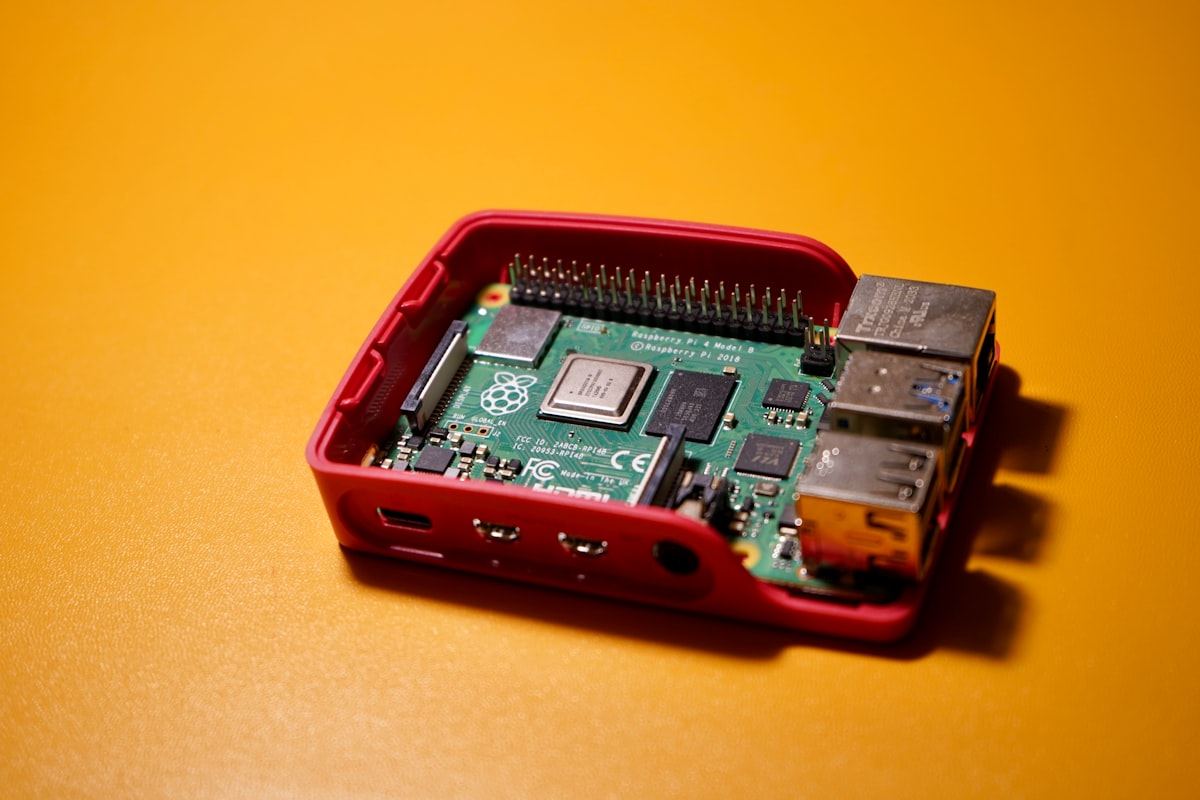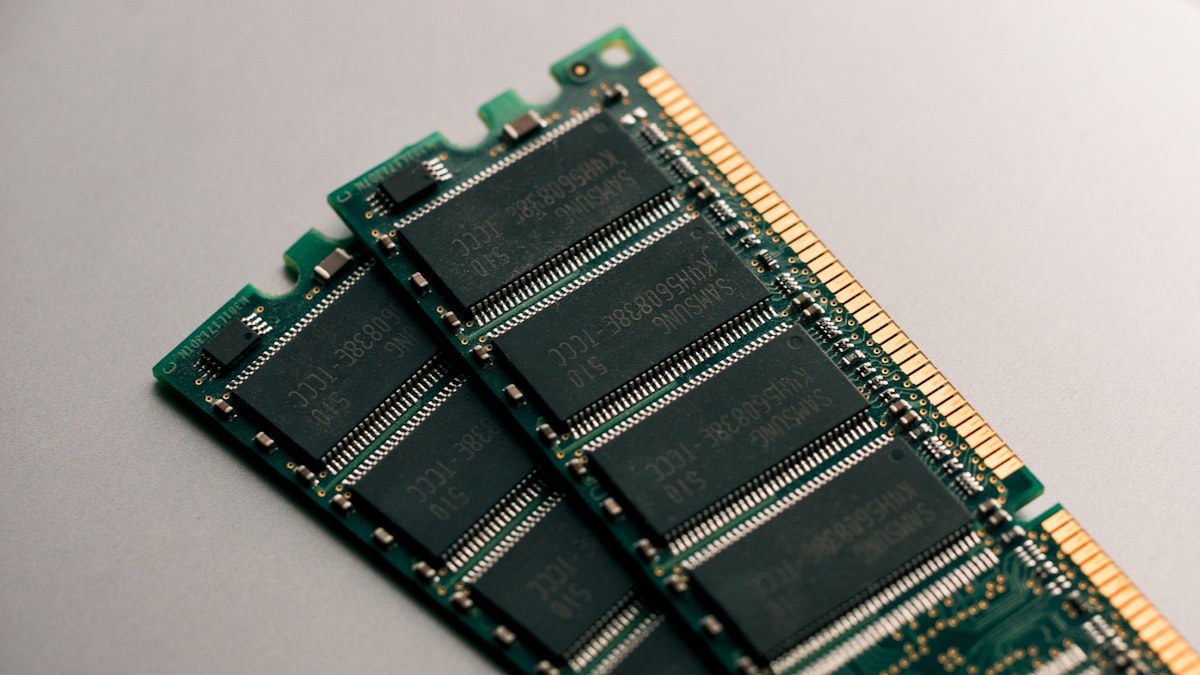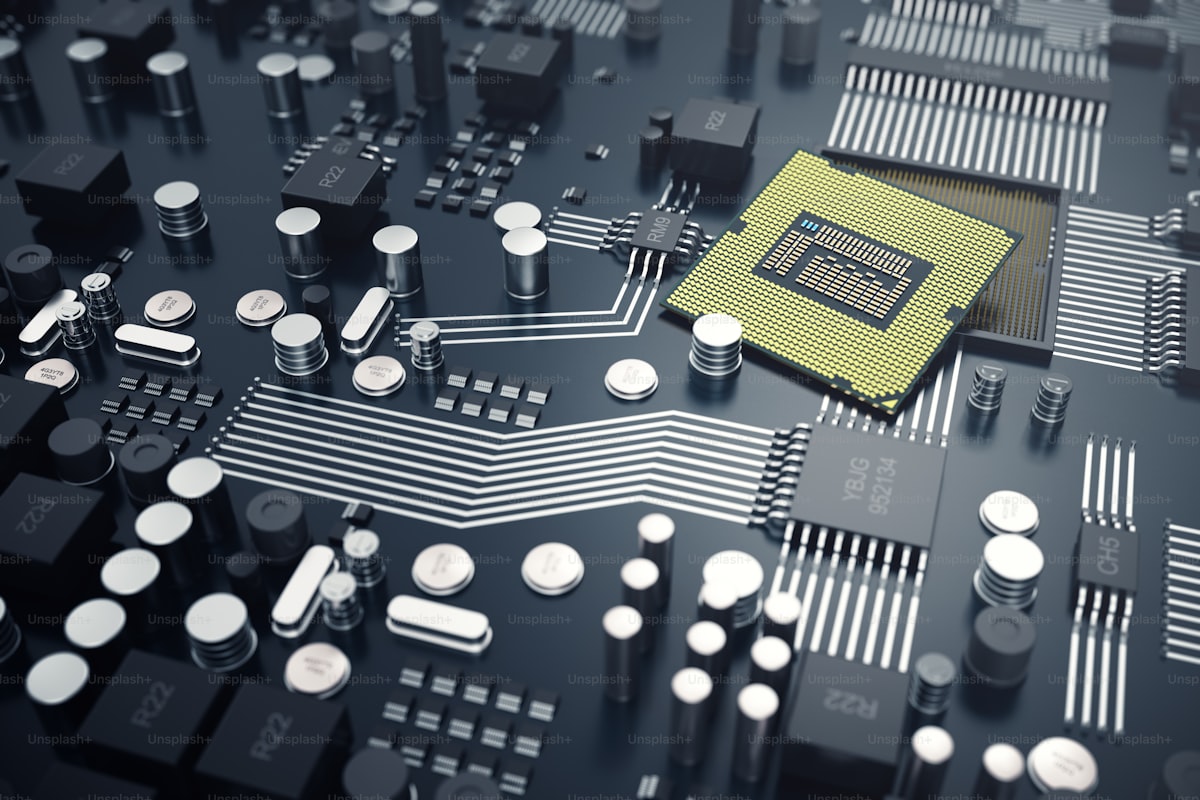In the realm of high-performance computing and enterprise-grade systems, Xeon processors reign supreme as the go-to choice for demanding workloads and mission-critical applications. Developed by Intel, Xeon processors are designed to deliver exceptional performance, reliability, and scalability, making them the processor of choice for servers, workstations, and data centers worldwide. In this article, we’ll delve into what Xeon processors are, their key features, and their applications in various industries.
1. Introduction to Xeon Processors: Xeon processors are a line of high-performance CPUs developed by Intel specifically for enterprise-level computing and professional applications. Originally introduced in 1998, Xeon processors have evolved over the years to become the backbone of the server and workstation markets, offering unparalleled performance, reliability, and security features tailored to the needs of business and industry.
2. Key Features of Xeon Processors:
- Multi-Core Architecture: Xeon processors feature multiple cores and threads, allowing them to execute multiple tasks simultaneously and handle heavy workloads with ease.
- Advanced Performance Optimization: Xeon processors leverage advanced technologies such as Turbo Boost, Hyper-Threading, and AVX (Advanced Vector Extensions) to maximize performance and efficiency.
- Large Cache Memory: Xeon processors are equipped with large cache memory sizes, which help reduce latency and improve data access speeds for faster processing.
- Enhanced Security Features: Xeon processors incorporate hardware-based security features such as Intel Trusted Execution Technology (TXT), Intel Software Guard Extensions (SGX), and Intel Hardware Shield to protect against security threats and vulnerabilities.
- Scalability and Reliability: Xeon processors are designed for scalability and reliability, supporting features such as error-correcting code (ECC) memory, redundant power supplies, and hot-swappable components for uninterrupted operation.
3. Applications of Xeon Processors: Xeon processors find applications in a wide range of industries and use cases, including:
- Enterprise Servers: Xeon processors power enterprise-level servers used for hosting websites, running databases, managing virtualized environments, and performing data analytics tasks.
- Workstations: Xeon processors are used in professional workstations for tasks such as 3D rendering, video editing, CAD/CAM design, and scientific computing, where high-performance computing capabilities are essential.
- Data Centers: Xeon processors form the backbone of cloud computing infrastructures and data centers, providing the processing power and reliability required to handle massive workloads and deliver scalable services to users worldwide.
- Financial Services: Xeon processors are utilized in financial trading platforms, risk analysis systems, and algorithmic trading applications where real-time data processing and low-latency execution are critical.
- Healthcare and Life Sciences: Xeon processors are employed in healthcare IT systems, medical imaging devices, genomic analysis platforms, and drug discovery research, facilitating faster processing of medical data and accelerating scientific breakthroughs.
4. Future Trends and Developments: As technology continues to evolve, Xeon processors are expected to evolve alongside it, incorporating advancements such as AI acceleration, heterogeneous computing, and increased energy efficiency to meet the demands of emerging workloads and applications. With the rise of edge computing, IoT (Internet of Things), and 5G networks, Xeon processors are poised to play a central role in powering the next generation of digital transformation and innovation across industries.
Conclusion: Xeon processors stand as a testament to Intel’s commitment to delivering high-performance computing solutions tailored to the needs of enterprise customers and professional users. With their advanced features, scalability, and reliability, Xeon processors continue to be the processor of choice for businesses, data centers, and organizations seeking uncompromising performance and efficiency in their computing infrastructure. As technology advances and new challenges emerge, Xeon processors are poised to remain at the forefront of innovation, driving progress and powering the digital economy into the future.
Source : CheapCpanel







